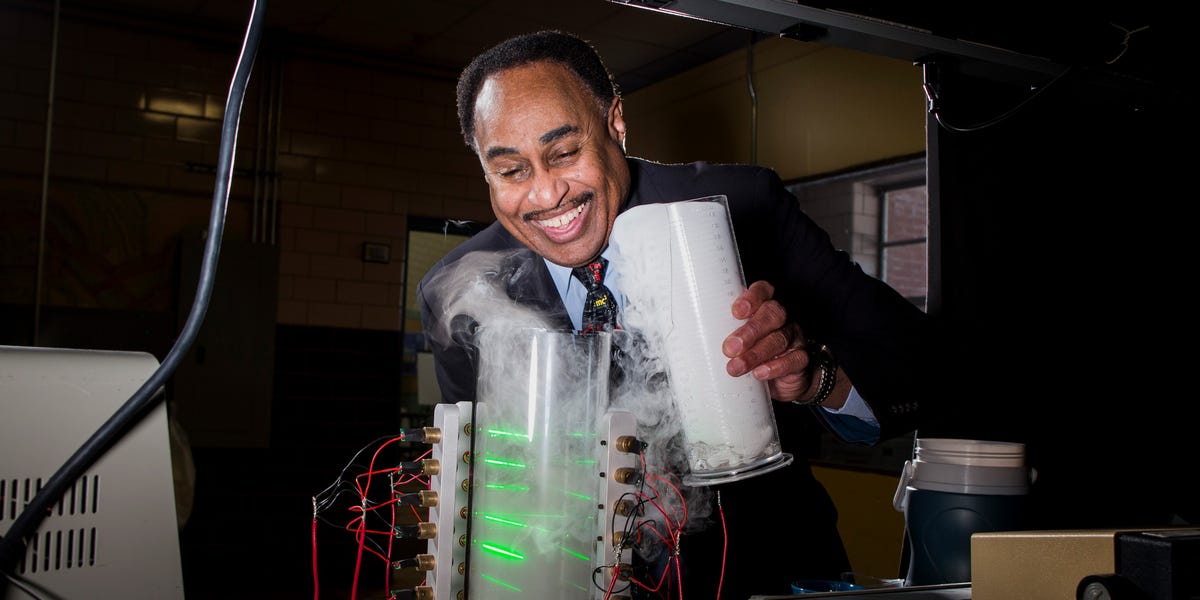Time travel
I just had this article pop up on my Google front page.
https://www.popularmechanics.com/sc...s-paradox-free-time-travel-is-possible-study/
I followed the included link to the publication.
https://iopscience.iop.org/article/10.1088/1361-6382/aba4bc
Here are a couple of the main points:
- “we extend the characterisation of deterministic processes to an arbitrary number of regions. We provide some simple interpretation of the characterisation: when fixing the state on the future of all but two regions, the remaining two must be causally ordered, with only one directional signalling possible.” -Germain Tobar and Fabio Costa (the paper's authors).
- "Our results show that CTCs (Closed Time-like Curves) are not only compatible with determinism and with the local ‘free choice’ of operations, but also with a rich and diverse range of scenarios and dynamical processes." {https://iopscience.iop.org/article/10.1088/1361-6382/aba4bc}
The paper suggests that, In their example of going back in time to try and prevent patient zero of the Covid-19 pandemic, you wouldn't be able to. Maybe you stop patient 0[SUB]1[/SUB], but then, as a result, you, or some other person becomes 0[SUB]n[/SUB]. The local closed time-like curve corrects itself, allowing free choice without affecting the future consequences.
However, that doesn't answer the Grandfather Paradox, where there were no alternate paths to your conception. The exception might be to say, you couldn't execute the plan. You'd get waylaid on your way to the location/time, your weapon misfires, you kill the wrong guy, something would happen every time you made the attempt.
Now, there is a parallel article {
https://physicsworld.com/a/simulations-of-time-travel-send-quantum-metrology-back-to-the-future/#:~:text=While actual backward time travel,sent back to the beginning.} that describes a quantum entanglement experiment that sent information backwards into the past and it apparently didn't effect the future/present.
"If ... the experimentalist teleports the optimal input state back in time via entanglement manipulation, the trio show that this could produce novel operational advantages. In their proposal, an experimentalist prepares a pair of maximally entangled quantum bits, or qubits, called A and C, plus an additional qubit as the probe. The goal is to measure the strength of an unknown interaction using the probe. Initially, the experimentalist is unaware of the optimal input state for A. At the first step, the probe and qubit A interact. The information about the unknown parameter of the interaction is encoded in the probe’s state. At an intermediate step, however, the experimentalist measures the state of qubit A. This measurement reveals information about the as-yet-unknown optimal state.
"Next, the experimentalist uses this information to prepare an auxiliary qubit D in this optimal state. Then, they measure the joint state of the qubits C and D. If this joint state does not match the initial joint state of A and C, the measurement is discarded from the analysis. This effectively picks out instances where optimally prepared state D teleports into the original state of qubit A. The teleportation implies that when the experimentalist measures the probe, they record optimal information gain even though they did not, initially, prepare the probe in the optimal state."
But, this sounds like interacting with the past IS affecting the future.
In the case of the Covid-19 example, how would you know you've changed anything?
There are three possible outcomes to interacting profoundly with the past and affecting the future.
1. You travel back to the past, change the future, return and notice things have changed.
2. You travel back to the past, change the future, return and don't know anything has changed.
3. You travel back to the past, make a change and... everything disappears.

<Oops!
In the case of 1, you've proven there are distinct time threads. You have effectively left yours, altered it's past, but your personal memory of the original past remains. Therefore, you must have left one thread and jumped to another.
In case 2, you remain tied to your Timeline, and when you change your past, so does your memories of your past change with it. You would therefore, have your attempt to change the past as one of your memories, and come to believe you couldn't change the past, since all you memories remain consistent with the current version of your past.
In case 3: ...
I'll leave that there.
-Will




